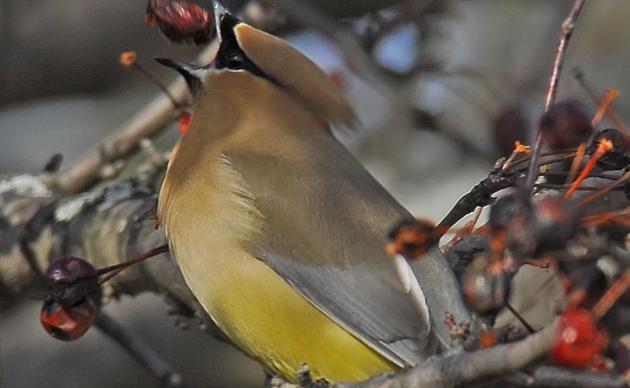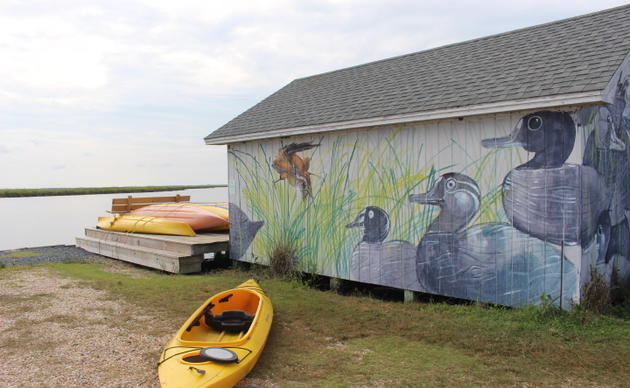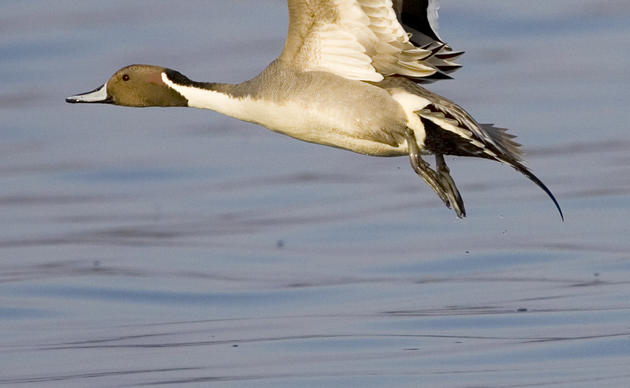Research Priorities
The sanctuary serves as a hub of education and applied research. Audubon works with diverse partners to study and address the challenges facing this important landscape. Resilience solutions developed at Pine Island are exported to Audubon’s network in North Carolina and throughout the Atlantic Flyway, helping communities, managers, and researchers better understand and adapt to coastal change.
Audubon’s research priorities at Pine Island involve four main components:
Priority Bird Adaptation
- Study population and migration trends, as well as habitat needs of priority bird species at Pine Island and in Currituck Sound
Marsh and Submerged Aquatic Vegetation Restoration
- Lead long termlong-term habitat monitoring (e.g. installation of surface elevation tables)
- Identify areas of marsh that are degrading, expanding, and keeping pace with sea level rise
- Explore and address drivers of marsh loss
- Develop best practices for freshwater marsh restoration, migration, and prescribed burning
Sea Level Rise (SLR), Saltwater Intrusion (SWI), and Storm Impacts
- Study impacts of press disturbances (long-term disturbances with long-term impacts on ecology, such as SLR and SWI) and pulse disturbances (abrupt changes to ecology, such as storms) on marsh and other natural systems in Currituck Sound
Nature-Based Solutions for Resilience
- Evaluate and quantifying ecosystem services provided by natural systems
- Facilitate development and adoption of natural infrastructure solutions in local and state land use, mitigation, and resilience planning
How you can help, right now
Stay in Touch with Pine Island
Learn about the bird conservation research taking place at Pine Island and find nature-focused events happening at this Important Bird Area along the Outer Banks in our periodic eBulletin.
Kayak Sign-up
Click Orange Button to register for Guided Kayak Programs
Protect the Sanctuary
Every donation will be used to protect the 6,000 acres of marsh complex within the sanctuary and the wildlife it supports.




